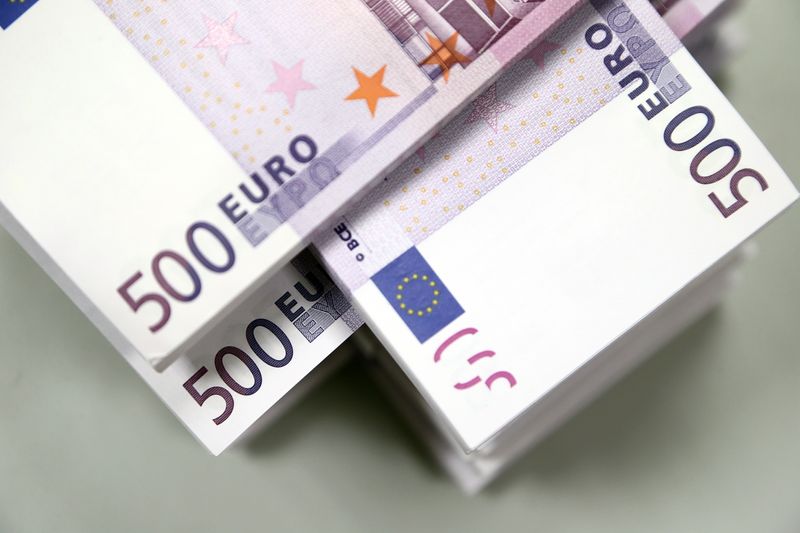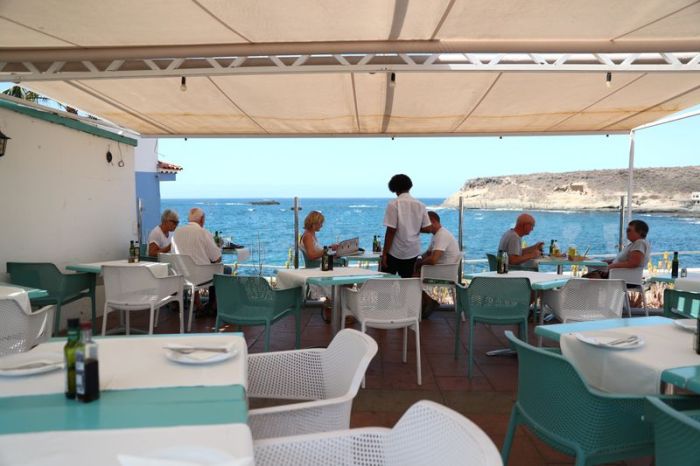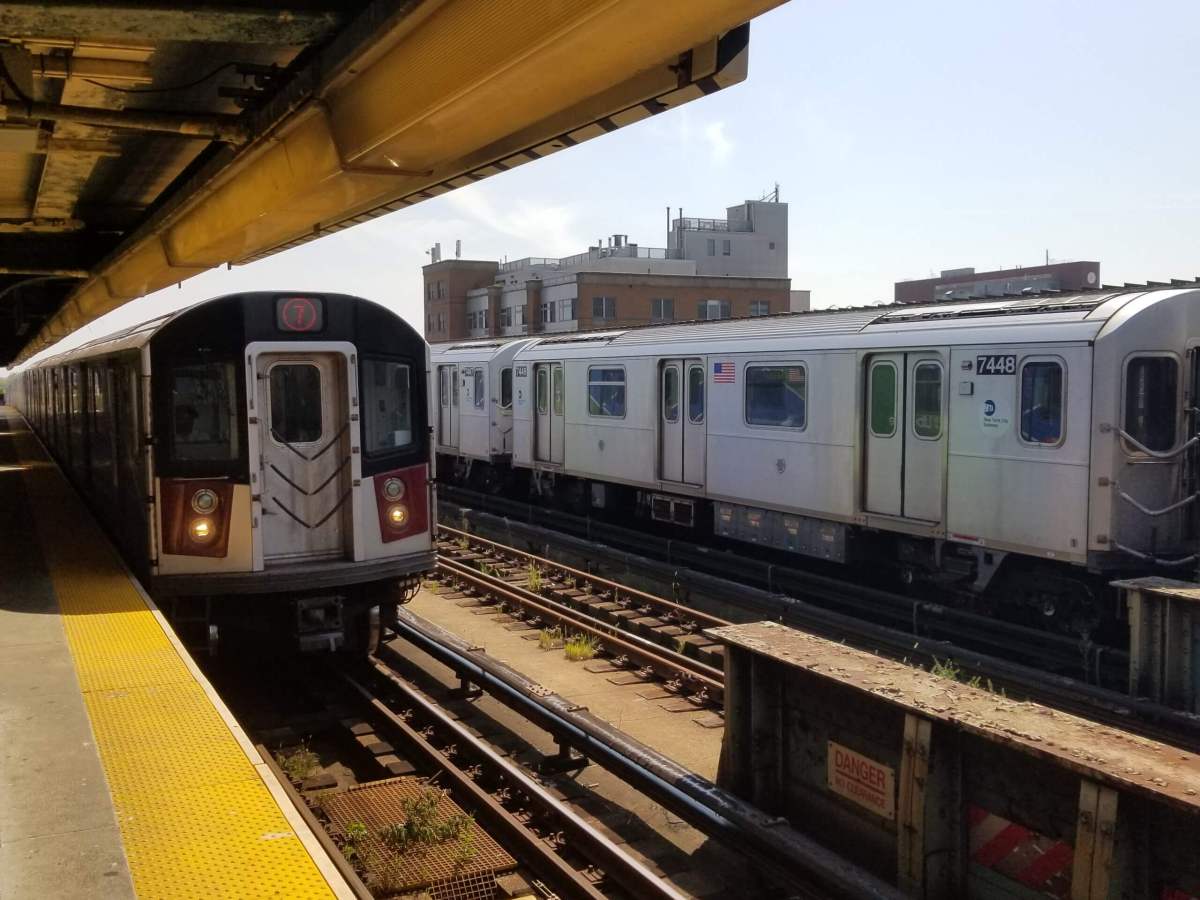LONDON (Reuters) – The euro steadied around the $1.09 level on Monday in a potentially big week for European policymakers as they debate the outlines of a recovery fund aimed at helping member nations.
Austria, Netherlands, Denmark and Sweden want loans from a time-limited fund for nations struggling to recover from the pandemic, rather than the grants proposed by France and Germany last week for the European Union’s coronavirus recovery plan.
The Franco-German plan sent the euro rallying above $1.10 last week before the much-expected counter proposal by the four countries pushed it back below $1.09 <EUR=EBS>.
The rival proposals come before the European Commission’s own plans for the recovery fund on Wednesday and any watered down proposals from the original plan would be perceived as euro negative.
On the other hand, “if the Franco-German debt proposal (miraculously) passes the test during the coming week, we reckon that it would be a major euro positive event,” Nordea strategists said.
On Monday, the single currency steadied around $1.09 but remained about 5% below a 2020 high of near 1.15 hit in early March.
Elsewhere, the U.S. dollar erased earlier gains and edged lower on the day though concerns about a growing standoff between the United States and China over civil liberties in Hong Kong kept sentiment subdued.
The greenback <=USD>, which tends to behave like a safe-haven asset at times of market turmoil and political uncertainty, was steady near a one-week high at 99.74.
The Australian dollar <AUD=D3>, by dint of its strong trade connections with China and the offshore yuan <CNH=D3>, led losers against the U.S. dollar.
More turbulence for U.S.-China relations is prompting some investors such as UBS Wealth Management to hold a “defensive” position in Hong Kong. “(The) larger risk for global investors is what happens if it becomes further enmeshed in broader relations,” said Mark Haefele, its chief investment officer.
China’s proposed national security legislation for Hong Kong could lead to U.S. sanctions and threaten the city’s status as a financial hub, White House National Security Adviser Robert O’Brien said on Sunday.
With financial markets in Singapore, Britain and the United States closed for public holidays on Monday, the weekend developments hit risk aversion in broader markets in early trade.
Sterling <GBP=D3> was also on the back foot against both the dollar and the euro as political pressure grew on British Prime Minister Boris Johnson to fire senior adviser Dominic Cummings.
Cummings, the architect of the 2016 campaign to leave the EU and widely considered to be Johnson’s most influential strategist, came under pressure after reports he travelled to northern England from London during a nationwide lockdown in March when his wife was ill with COVID-19 symptoms.
(Reporting by Saikat Chatterjee; Editing by Gareth Jones, Kirsten Donovan)
























